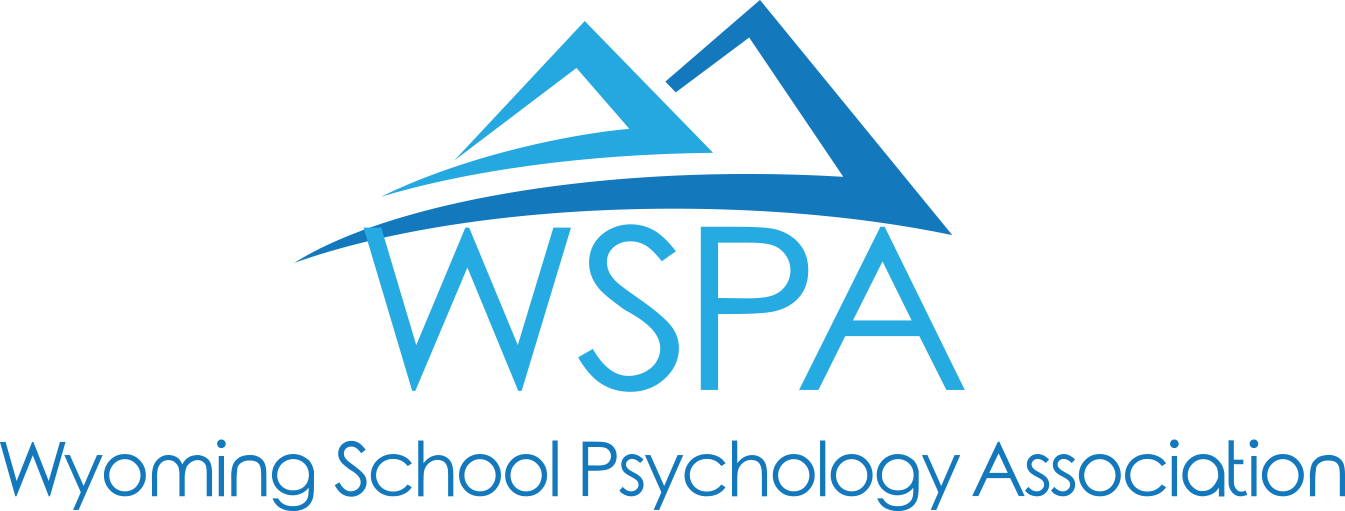Password for access is antelope
***Post written by Sarah Perkins, President and Membership Chair for WSPA***
I have recently improved my efficiency at report writing through some techniques, like using TheFormTool, but I still have not really addressed, in my own thinking, the existential question of reports. Why am I writing this? Who do I hope will benefit? Does it simply serve to clarify and organize my own thinking?
I began working at a secondary school for the first time last year and, as a result, I now view the reports from a variety of evaluation going back years. I almost never read the reports. I pull the numbers out for my file review and read the descriptions only if there is something unusual, like two cognitive assessments administered or widely discrepant scores. If I am not reading them, I doubt other school professionals are.
I think the most common argument would be that we write them for parents. But let’s be honest, the vast majority of reports are written in language that is not appealing or even accessible to many parents. Plus, we go over our results in the team meeting, where we can discuss links to other assessments, gauge parents’ understanding through nonverbal cues and questions, and have a discussion.
Given all of that, perhaps we only write reports because it is expected. If that is the case, then maybe, as suggested in a recent NASP Communities thread on the topic, it is okay to do “C” work. Or maybe we should rethink our approach to reports so they are shorter and more accessible. Or maybe simple summary that are included within the multidisciplinary evaluation paperwork are sufficient.
How do you much time do you spend on reports? Do you feel they contribute to the process? Do you have a way to structure your report that is more useful and accessible?

Good question Sara. My reports and IEP meeting evaluation reviews have gradually changed over the years. I spend much less time talking about tests and numbers and more time talking about student past, present, and future needs. My classroom-based assessments (grades, IEP progress, state and district tests), teacher, student, and parent interviews have become more detailed while assessment discussions have become smaller. When I write my reports, I always have parts of my report that can easily be cut and pasted into the E3 (Eligibility Determination Report) and I4 (IEP) forms. A good portion of the report is drafted into the I4 (Strengths, Interests, Concerns, PLEP, and LRE justification statement) then added to at the meeting, and all of the E3 is in the report. I think the SPED teachers find the report useful in the sense that I write much of the initial and 3-year IEPs. My reports are usually between 6 and 15 pages, I feel that the information is explained in the report, but all of the highlights are summarized on the last page under the heading “Summary” so you do not really need to read the whole report unless you want to.
From the point of view that your report IS YOU in your absence. So, it reflects you, your work, and your profession.
Also, the only thing that matters is what’s written down. If it’s not written down, it didn’t happen.
Finally, informed consent is a big deal. Make sure everybody can understand what’s what.
Regarding written reports, way before the computerized programs, we were taught to write them at a reading level most parents would understand and keep the “psycho-babble” out of them. Back then the school psychs attended the meetings but since that is not obligatory by IDEA today, some do not attend the eligibility and IEP meetings. The special education teacher or case manager report the results. When that happens we have no control as what has been reported, said and/or understood. The same goes for when our reports are released by the school to others.
This is where CYA comes in. If I wrote it, I can defend my findings, regardless how they were presented. The other point we were taught was…can you defend this (your report) at a hearing? Were also drilled in writing about the student and performance, and not about the test or instrument that was used.
When computer programs for report writing and later programs developing reports came out we (NASP) accepted them as interpretation aids for the school psychs and an aid in developing their own reports. This was great because the time it took to score an MMPI and the WJ by hand.
As time progressed and the more sophisticated programs were developed and used the same concerns returned to the table (NASP Publications Board and Executive Council). Our position remained but we also heard from trainers (Naglieri, Bracken, Thomas, Sattler, Woodcock, etc.) that some students they were getting were not good writers. The question came as how do we balance this. Unless things have changed computer derived reports are interpretation and writings aids. Following, publishers developed and added the ability for the psych, etc. to add, or choose, personalized statements.
I don’t know how many reports I have written. In the first 15 years covering a K-12 population, I was seeing about 100 referrals a year. Of course the number dropped when I went to the 7-12 and even lower at the 9-12 level that I did in the last 20 years. To address the report writing madness I developed my own report basic formats where I did not have to repeat the stuff that every report had.
When asked to do a bilingual assessment I report the student’s performance in the English and Spanish tests given, and these reports a long – 10 – 12 pages. When they are for the court or treatment facilities there is WDBH format, but they are still on the individual’s relevant information. I stopped doing substance abuse treatment but still do an occasional evaluation; some attorneys like my work.